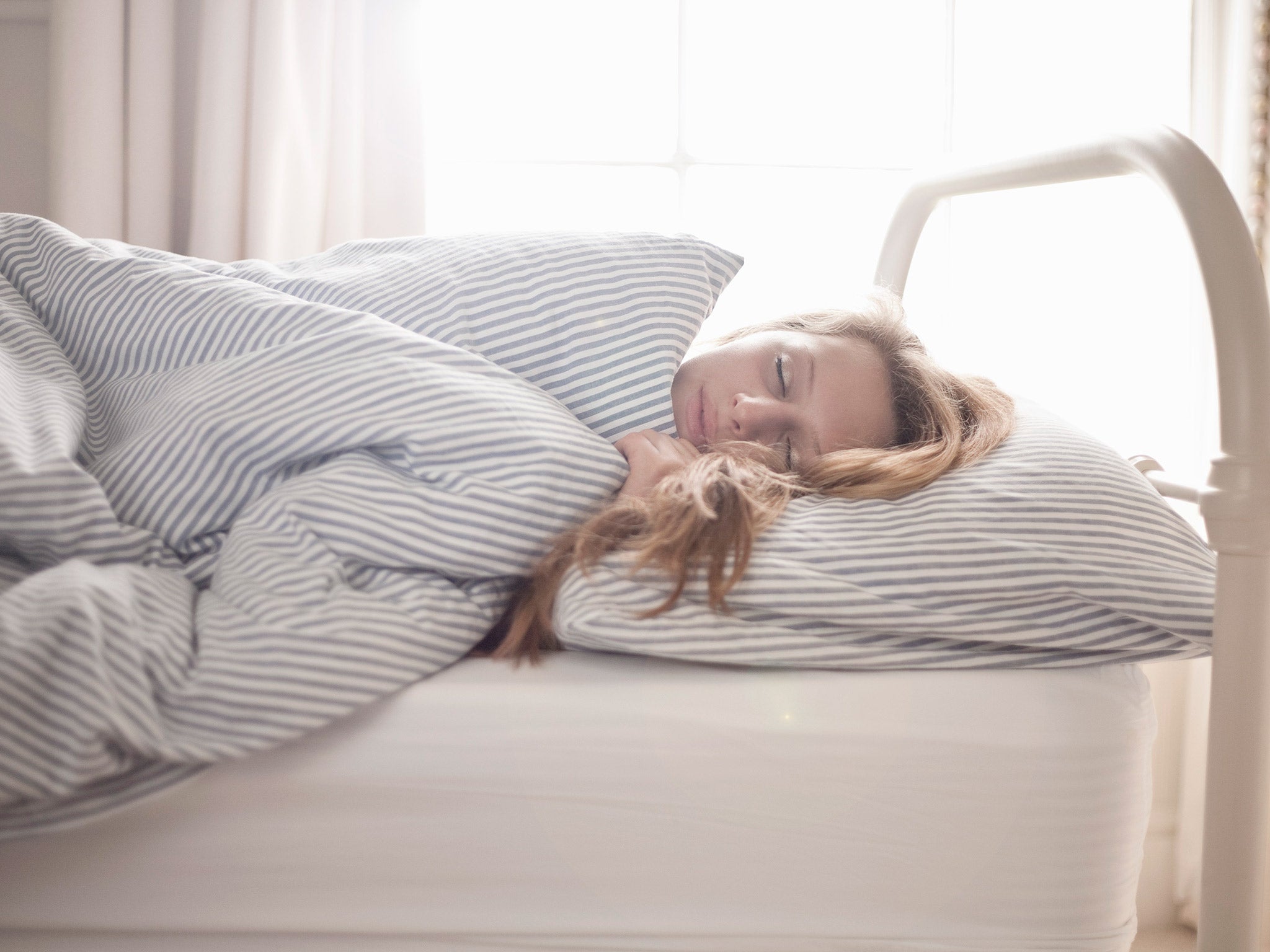Drinking alcohol before going to sleep reduces chances of feeling rested, say researchers
Frontal brain activity is increased during sleep after drinking alcohol

Your support helps us to tell the story
From reproductive rights to climate change to Big Tech, The Independent is on the ground when the story is developing. Whether it's investigating the financials of Elon Musk's pro-Trump PAC or producing our latest documentary, 'The A Word', which shines a light on the American women fighting for reproductive rights, we know how important it is to parse out the facts from the messaging.
At such a critical moment in US history, we need reporters on the ground. Your donation allows us to keep sending journalists to speak to both sides of the story.
The Independent is trusted by Americans across the entire political spectrum. And unlike many other quality news outlets, we choose not to lock Americans out of our reporting and analysis with paywalls. We believe quality journalism should be available to everyone, paid for by those who can afford it.
Your support makes all the difference.Although drinking alcohol before bed can induce drowsiness, it is proven to disrupt the quality of rest and have negative effects on brain function the next day, according to new research.
Scientists say that, although drinking alcohol can act as a sedative, it can increase activity in the frontal section of the brain and hamper the chances of deep restorative sleep.
The study on 24 students, with equal numbers of men and women aged 18 to 21, shows that non-rapid eye movement sleep was increased while alcohol “exerted an arousal influence” on the brain.
The experiment, involving tests with pre-sleep alcohol and a placebo, concluded that the lack of rapid-eye movement (REM) sleep caused by drinking can also debilitate a person’s functions upon waking and for hours later.
The study by University of Melbourne, was published yesterday in Alcoholism: Clinical & Experimental Research, and shows that cognitive functions such as memory and processing of information in the brain is impacted by drinking the night before.

One of the authors of the study, Dr Christian Nicholas, said as reported by the Daily Mail: “Similar increases in alpha-delta activity, which are associated with poor or unrefreshing sleep and daytime function, have been observed in individuals with chronic pain conditions.
“Thus, if sleep is being disrupted regularly by pre-sleep alcohol consumption, particularly over long periods of time, this could have significant detrimental effects on daytime well-being and neurocognitive function such as learning and memory processes.”
Join our commenting forum
Join thought-provoking conversations, follow other Independent readers and see their replies
Comments